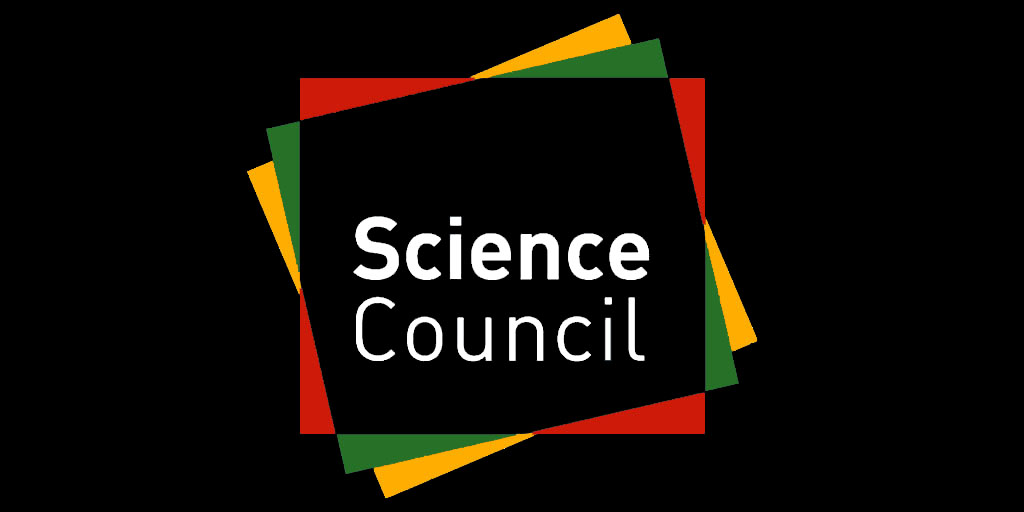
Black History Month: The importance of an effective EDI strategy
The Science Council spoke to Diversity Champion Rachel Lambert-Forsyth on the importance of an effective equality, diversity and inclusion (EDI) strategy.
Many organisations have an Equality, Diversity and Inclusion strategy – however, targeted and clear approaches are essential for change and holding organisations to account. As Diversity Consultant and writer Carmen Morris noted in her 2020 Forbes article:
“Diversity and inclusion is not a trend. Nor is it a PR and marketing exercise, to make an organisation appear inclusive, when in fact, it is not.
The race equity agenda is about ensuring that anti-racist practice is a wholesome part of organisational practice, embedded into the systemic functioning of a business.”
Why EDI strategy matters
As Carmen noted in her article, the purpose of an EDI strategy is not a performative one. In order to make real change, strategy needs to be embedded into the foundations and day-to-day workings of an organisation.
When speaking to Science Council Diversity Champion and CEO of the British Pharmacological Society, Rachel Lambert-Forsyth, she commented on why an EDI strategy is so important:
“An effective EDI strategy is there to make sure equity and inclusion is a priority for an organisation, and thus it needs to be embedded into the overall strategy of an organisation and appropriately resourced so that work and actions can be taken forward.
EDI strategies are not meant to be performative – they need to be smart and actionable, clear and considered with an obvious outcome.”
Rachel commented further on her role as Diversity Champion for the Science Council:
“My role is something I’m really passionate about – I went for role to make sure it remained a priority for the membership.
I’m very committed to the subject on a personal level, but I think it is important to ensure that personal experiences don’t solely shape your organisational strategy. I don’t consider myself an expert, I’m learning every day and I seek out guidance, research and insights to inform my thinking and therefore the thinking for the Science Council.
I want to play a key role in dismantling systemic barriers when identified in science, and the Science Council’s membership and community have the agency to achieve this. Collaboration is key – as is listening and understanding other’s perspectives, challenging your thinking and being open to all inputs is so important when developing your strategy.”
A successful strategy
A successful strategy is one which is agile and flexible, it should enable an organisation to adapt its approach as learning occurs. It shouldn’t assume the diversity issues faced by your industry but seek to identify these in an evidenced based way, data should be a key part of any strategy.
“The strategy is there to hold you to account as your organisation grows and develops. Because of this, it also has to remain agile so you can adapt your tactics as you learn.”
When starting to tackle systemic issues in an industry or organisation you may have a certain view of what issues you’re facing. However, issues may not be as they seem, and this is why it’s important to be data led.
Progression Framework and Benchmarking
Free tools such as the Science Council and Royal Academy of Engineering’s Progression Framework may be a good starting point when developing an EDI strategy.
The Diversity and Inclusion Progression Framework helps professional bodies track and plan progress on D&I. Developed by a group from the professional bodies, it focuses on progress on D&I in eight areas relevant to professional body activity – including communications, awards and grants & more.
“The Progression Framework is an excellent tool, as it allows an organisation to measure the current perception of your progress in EDI matters.
From here, you can work out whether you are tackling the most important issues, and how these may change as you make progress.
For example, some areas may be moving faster or slower than others. It’s a tool that you can use to reassess as you grow.”
Find out more about Rachel here.
